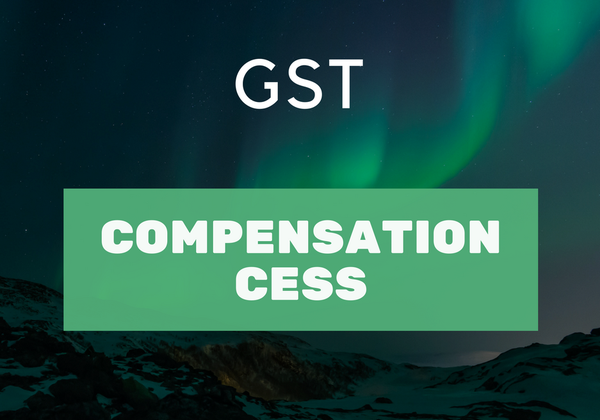Free Courses Sale ends Soon, Get It Now


Free Courses Sale ends Soon, Get It Now



Disclaimer: Copyright infringement not intended.
Context
What is GST Compensation?
How is it funded?
Who pays compensation to whom? When?
For how long will it be paid?
Why are States demanding an extension of the compensation?
Back-to-back loan arrangement for Compensation
Read: https://www.iasgyan.in/daily-current-affairs/goods-and-services-tax-gst
https://newsonair.gov.in/News?title=Centre-says-cleared-entire-GST-compensation-to-states-due-till-today&id=441909
© 2024 iasgyan. All right reserved